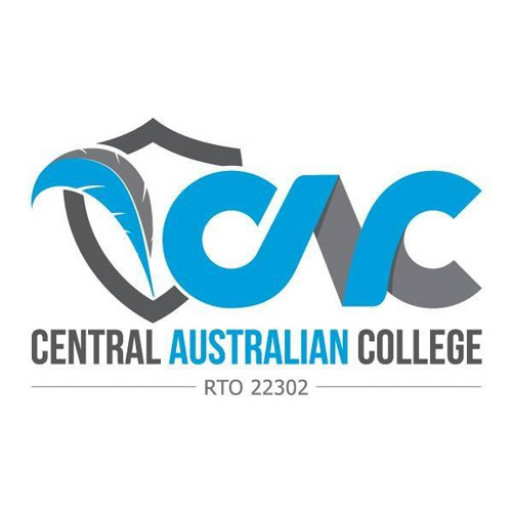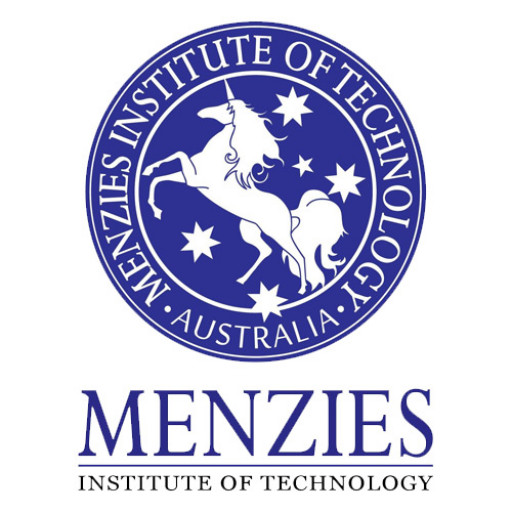This qualification reflects the use of those who perform a selection of tasks on a variety of diesel engines and associated systems at the automotive , service and repair industry.No licensing, legislative or certificate requirements affect this eligibility during the time of book.
The Automotive Diesel Engine Technology program at the Central Australian College is designed to provide students with comprehensive skills and knowledge necessary for a successful career in the automotive industry, specifically focusing on diesel engine systems. This program covers a wide range of topics essential for understanding, repairing, and maintaining diesel engines used in various vehicles and machinery. Throughout the course, students will engage in both theoretical learning and practical hands-on training to ensure they develop competent technical skills.
The curriculum includes modules on diesel engine theory, including internal combustion principles, fuel systems, air intake and exhaust systems, cooling systems, lubrication, and electronic control systems. Students will learn about diagnosing common problems, performing maintenance tasks, and conducting engine repairs. The program also emphasizes safety protocols and industry standards, preparing students to work effectively and responsibly in automotive workshops and service centers.
Practical training is a core component of this program, with students working on real diesel engines and automotive systems under the supervision of experienced instructors. The training facilities are equipped with modern diagnostic tools and equipment to simulate real-world working conditions. This approach ensures graduates are well-prepared to meet the demands of the automotive industry.
Graduates of the Automotive Diesel Engine Technology program will have the skills necessary to undertake diagnostics, repair, and maintenance of diesel engines across a variety of vehicles, including trucks, buses, and agricultural machinery. They will be equipped with the knowledge to keep engines running efficiently, thereby extending vehicle lifespan and improving performance.
Upon completion, students may pursue employment opportunities as diesel engine technicians, mechanics, or service technicians in automotive repair shops, fleet maintenance companies, or manufacturing industries. The program also provides a strong foundation for further studies or certifications in automotive technology, enhancing career prospects in this growing field. The Central Australian College is committed to delivering high-quality training tailored to industry needs, ensuring graduates are job-ready and capable of contributing effectively to the automotive service sector.
Program requirements for the Automotive Diesel Engine Technology program at Central Australian College typically include a combination of academic prerequisites, practical skills, and industry-specific competencies. Applicants are generally expected to have completed at least the equivalent of a Year 12 secondary school certificate or its international equivalent, with a focus on subjects such as mathematics, physics, or engineering studies that provide foundational technical knowledge. Prior experience or certification in basic automotive maintenance or mechanical work can be advantageous but is not always mandatory.
The program emphasizes technical literacy in diesel engine systems, requiring students to demonstrate proficiency in understanding and diagnosing complex engine components, fuel systems, exhaust after-treatment, electronic controls, and emissions reduction technologies. As such, applicants should possess strong problem-solving abilities, attention to detail, and a keen interest in automotive mechanics. Enrollment may also require successful completion of an assessment interview or practical competency test to evaluate technical aptitude and motivation for the program.
Practical training is a core component of the curriculum, with students expected to participate actively in workshops, hands-on repairs, and diagnostic exercises. Therefore, applicants should be prepared to undertake internships or supervised on-the-job training, which forms an integral part of the learning process. Some programs may require students to meet health and safety standards, including the provision of a relevant medical clearance, due to the physically demanding nature of automotive work.
Additionally, students may need to demonstrate good communication skills for effective interaction with team members, clients, and industry professionals. In certain cases, proof of legal right to study in Australia, such as proper visa documentation, is necessary for international applicants. The program also encourages applicants to have access to suitable tools and safety equipment necessary for engaging in practical automotive activities.
Overall, program entry requirements are designed to ensure that students are adequately prepared to undertake intensive technical training and succeed in the automotive diesel engine industry. The emphasis is on both academic aptitude and practical readiness, ensuring graduates are equipped with the skills to pursue employment as diesel engine technicians, maintenance specialists, or diagnostic engineers within automotive service environments, fleet management, or manufacturing sectors.
Funding opportunities for the Automotive Diesel Engine Technology program at Central Australian College include a variety of options designed to support students financially throughout their studies. Students may be eligible for government subsidized training programs such as the Australian Government’s VET Student Loans or Australian Apprenticeships, which provide financial assistance to eligible students pursuing vocational education and training. These schemes can significantly reduce the cost of tuition fees and help students manage their expenses over the course duration.
Additionally, the college offers several scholarship programs aimed at supporting students based on merit, financial need, or specific criteria such as Indigenous status or regional background. Scholarships may cover part or all of tuition fees, provide living allowances, or support study-related expenses. Students are encouraged to explore the Central Australian College website and contact the admissions office to obtain detailed information about available scholarships and application procedures.
Part-time work opportunities are also available for students enrolled in the program, enabling them to earn income while studying. Many students find employment within the automotive or mechanical sectors, leveraging their developing skills and industry connections through work placements arranged by the college. This practical experience not only supplements their learning but also enhances employability after graduation.
Moreover, there are industry-specific training rebates and financial incentives provided by partner organizations or industry bodies to encourage skilled tradesmen and technicians. These incentives aim to support workforce development and ensure that students receive comprehensive training aligned with industry standards.
International students enrolled in the program may have access to different funding options, including student visas that allow work rights, and specific scholarships for overseas students. International students should consult the college’s international student services team for tailored financial guidance.
Overall, the financing studies for the Automotive Diesel Engine Technology program are designed to be flexible and accessible, with multiple avenues for students to offset costs and invest in their career development. The college emphasizes the importance of exploring all available financial support options early in the application process to facilitate a smooth and affordable educational experience.
The Automotive Diesel Engine Technology program at the Central Australian College is designed to equip students with the essential skills and knowledge required to excel in the automotive repair industry, particularly specializing in diesel engine technology. This comprehensive course covers a wide range of topics including diesel engine fundamentals, maintenance procedures, troubleshooting techniques, and advanced repair methods. Students are introduced to the latest diagnostic tools and equipment used in modern automotive workshops, ensuring they are well-prepared to address contemporary challenges faced by mechanics and technicians. The program emphasizes practical experience through hands-on training, allowing students to develop confidence and proficiency in diagnostics, engine repairs, and preventive maintenance.
Throughout the course, students learn about the components and systems unique to diesel engines, such as fuel injection systems, turbocharging, and emissions control. The curriculum also addresses safety protocols, environmental considerations, and industry standards to ensure students are knowledgeable about responsible and sustainable automotive practices. As part of the training, students may undertake work placements or internships with local automotive service providers, gaining valuable industry insights and real-world experience that enhances their employability upon graduation.
The program is suitable for individuals interested in pursuing a career as diesel engine technicians, maintenance specialists, or automotive service professionals. It aims to prepare graduates to work efficiently in fast-paced automotive workshops, dealerships, and fleet maintenance operations. The course combines theoretical instruction with practical application, using state-of-the-art tools and equipment that mirror those used in the automotive industry. Additionally, students may have opportunities to obtain relevant certifications and licenses that facilitate employment or further study.
The teaching staff comprises experienced automotive professionals and trainers who bring industry expertise into the classroom, fostering an engaging learning environment. The program also emphasizes the importance of ongoing learning and professional development to keep up with technological advancements in diesel engine systems. Upon completing the program, graduates are equipped with a solid foundation to pursue careers within the automotive industry, or to undertake further specialized training in related fields such as advanced diagnostics, emissions technology, or engine rebuilding.
Overall, the Automotive Diesel Engine Technology program at Central Australian College serves as a pathway for individuals seeking technical skills and certifications needed to thrive in the automotive repair sector, with a particular focus on diesel engine systems and their maintenance. The course's blend of classroom instruction, practical training, and industry exposure ensures graduates are job-ready and prepared to meet the demands of today’s automotive service environment.









